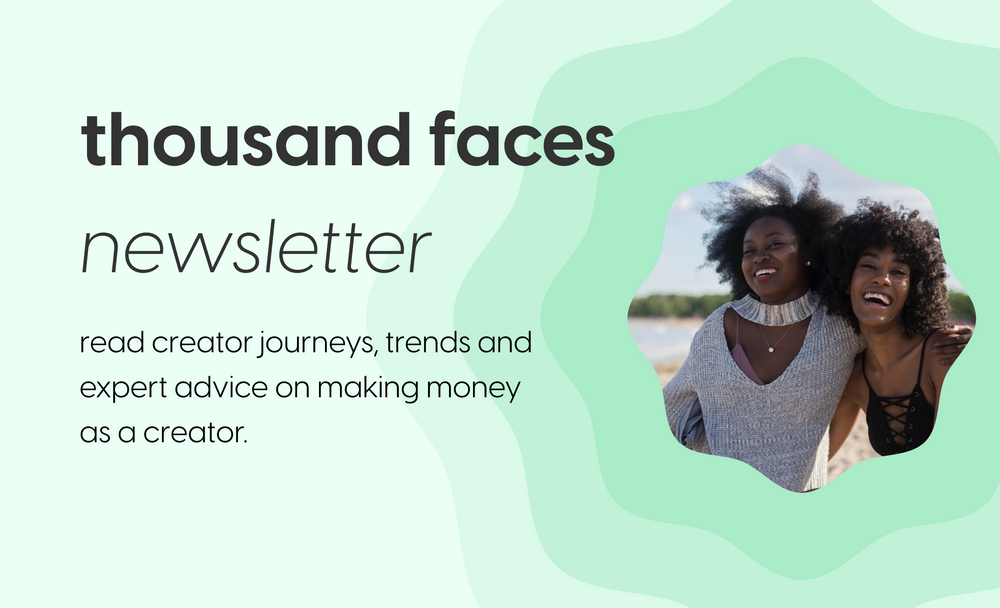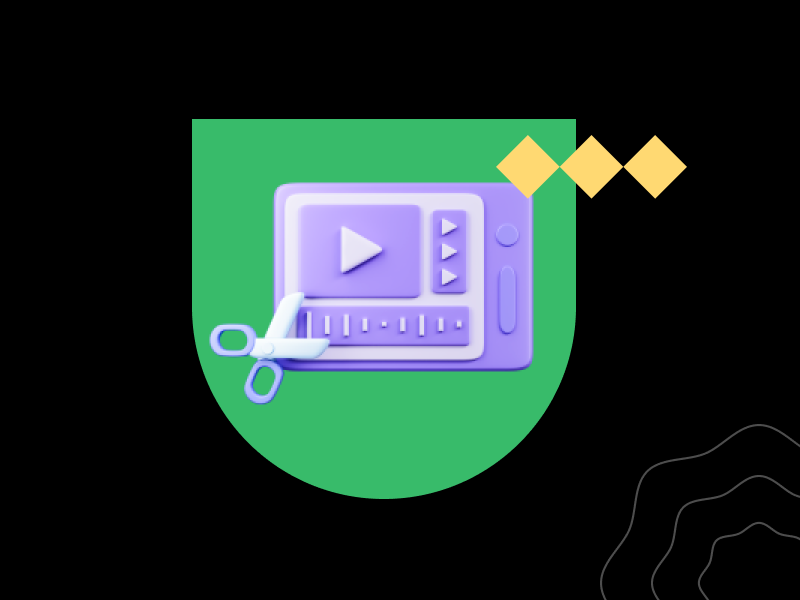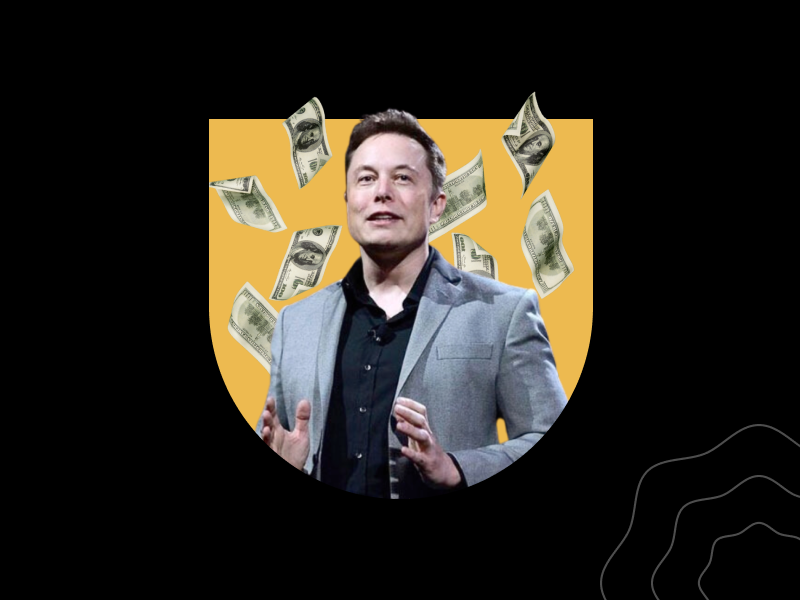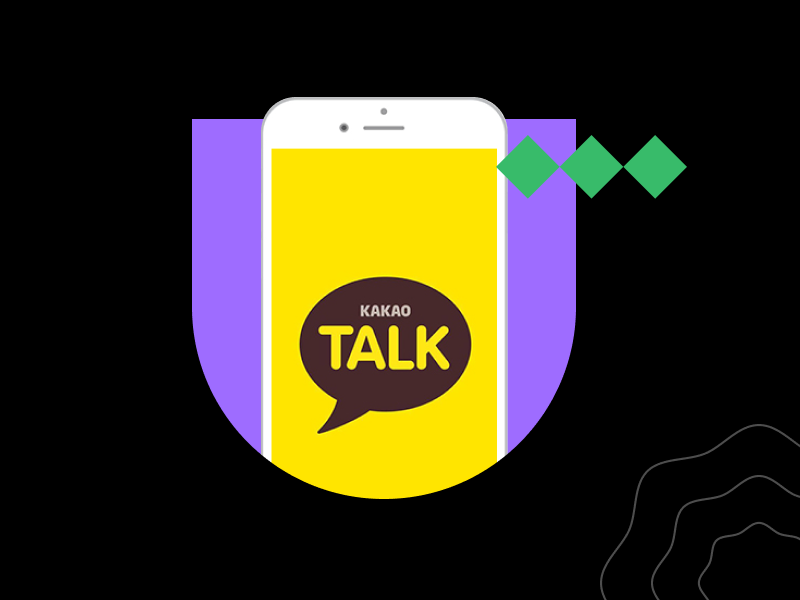Fyre Festival is perhaps the first thing that occurs to me when anyone mentions the power of influencers. An event that lured investors and participants just through influencer marketing — Fyre shows what the lack of due diligence can do. All it took was for influencers (the likes of Bella Hadid and Kendall Jenner) to Instagram a plain orange tile announcing the festival, which drove traffic and incited FOMO.
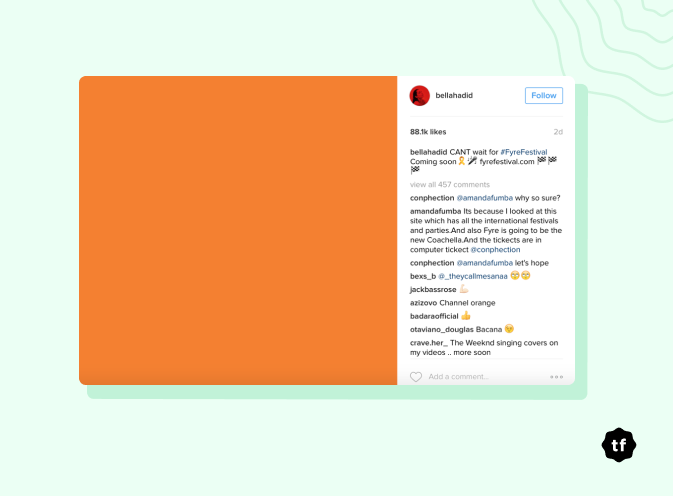
In 2021, Freedom Phone created all the ripples it shouldn’t have. Touted as an app for the conservatives to have..well, free speech, Freedom phone was promoted by diverse influencers who also weren't sure of its features. But for the initiated, it is regarded as an America-first phone, which allows you to download banned apps (usually unavailable on Play Store & Appstore), block trackers, and doesn't censor your speech.
Watch this video for grand deets. 👇🏼
Interestingly enough, this phone is still sold for about $499.
As per a study by Markets&Markets, the global influencer marketing platform size was $6B in 2020; by 2025, it's predicted to surge to $24.1B. It doesn't explain high possibilities but also the responsibilities. Surely a no-brainer!
This brings us to the question: should influencers be more responsible about their promotions and brand collaborations?
The Crux of All This…
Begins unfortunately with several horrid stories.
Various Chinese lending apps have been burgeoning in the Indian market, especially during the pandemic. You may have seen influencers promoting such apps that were widely available on app stores. Offering instant loans at high interest (up to 200 per cent sometimes), people sought loans without extending surety or KYC documents. But, that’s not where the problem began — these apps didn't only charge outrageous interest, but they also accessed seekers’ personal information to harass or threaten. The companies behind these apps have done everything —from morphing images to calling the seekers’ kith and kin. Sadly, seekers had to borrow more money to repay debts or undergo shame and harassment. Naturally, influencers aren’t privy to how these finance apps work, but situations like these indeed emphasise the importance of due diligence and whether one can recommend a loan app. Financial advice is tricky, let alone endorsing such apps.
Know more about this here.
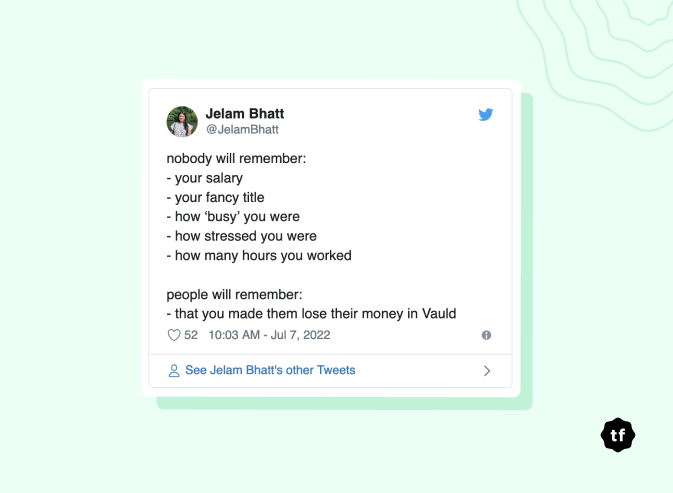
And then, there’s this latest fiasco — Vauld, a crypto trading platform. Top Indian finfluencers and creators endorsed Vauld in their content, and as Vauld shuts shop (on July 4, 2022), influencers face the music.
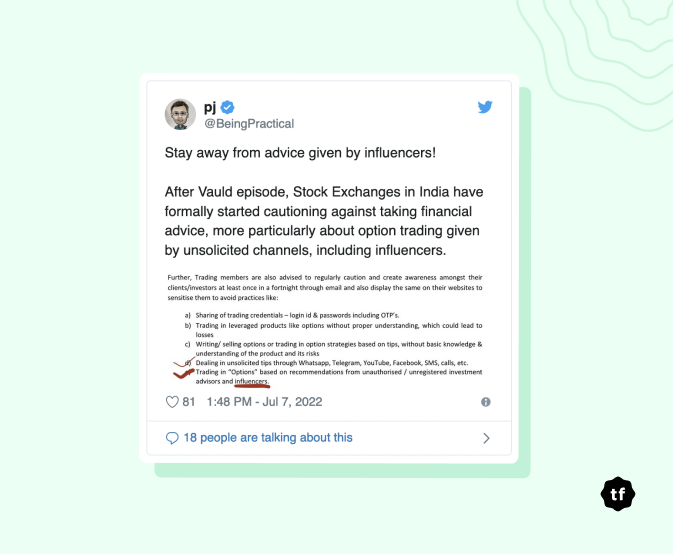
Read more about it here.
Even the biggest influencers aren't spared for advertising gambling or micro-transactions within apps. Canadian Twitch streamer Félix Lengyel (known as xQc) is one of the top Twitch streamers with over 10M followers. Earlier last year, he took to promoting gambling sponsors but later apologised when his followers called him out. Still, this year, he encouraged them unabashedly and confessed his love for gambling sites. Although Twitch is trying to reduce such promotions on the platform, the impression one creates on kids and teenagers is somewhat irrevocable.
Heard of Glow-boosting IVs Yet?
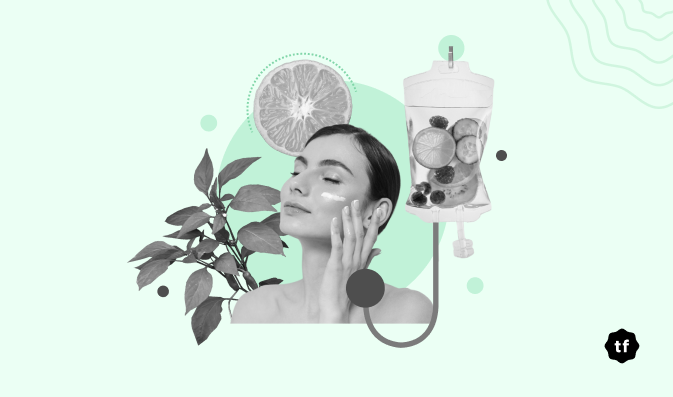
I didn’t see this one coming, though. 🍋
While browsing Instagram one day, I stumbled upon a reel where an influencer casually ate fruit while getting a Vitamin C IV drip. IV therapies usually remind us of hospitals, but these are apparently glow-boosting orange liquids promising instant results. The said influencer remarked how rejuvenating it was! Even before I could wrap my head around it, I watched more influencers promote these therapies — I mean, who doesn’t like good skin! But at what cost? Shouldn’t a doctor recommend these? Even if these therapies are from dermatologist-certified companies, treatments are still personalised.
And then, there’s the internet user demography that we ought to consider!👇🏼
Creating Content for Youngsters
Quite recently, FDA banned the e-cigarette brand Juul! Social media and influencer marketing have been the tools that Juul used to its advantage. According to Tobacco Control, the brand spent more than $1M to market the product on the internet. While most of Juul’s internet followers were teens, the brand also worked with influencers with a sizeable number of teen followers.
In a conversation with CNN, Juul’s spokesperson said their influencer program and affiliate marketing initiatives were short-lived. The same article states that the brand offered a certain influencer around $1,000 for a blog post and an Instagram post.
And the Fact Is..
Social media largely influence an average millennial’s purchase, but a teenager’s? A lot more! A study by Digital Marketing Institute shows that 70 per cent of teens trust influencers over traditional celebrities. A tough nut to crack!
Globally, many influencers and celebrities prefer collaborations that might not lead to negative experiences. In one of our conversations with Shane Fan, a TikToker, we realised how vital picking the brand deals were for him. He said, “The product matters! If a cigarette brand reaches out for promotion, I deny it as I don't want my followers to smoke. But, if it's an educational app — for instance, something like Duolingo, I know my followers can learn new languages, so I take it up.”
Picking and promoting what might positively impact your followers is a mammoth task, and maybe not all influencers have that luxury. But for those who have the freedom to turn down questionable promotions, what’s stopping ‘em?


